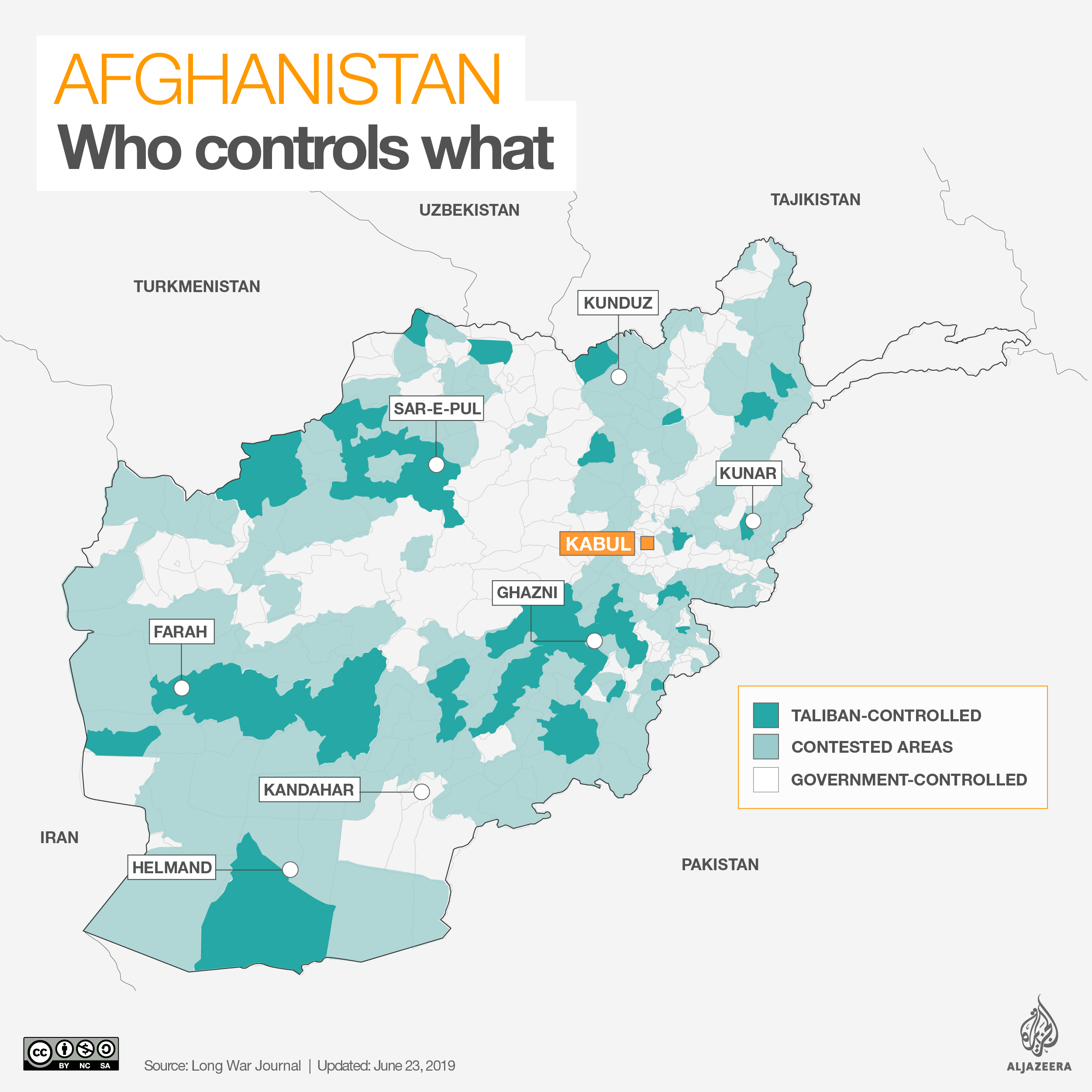On February 29, 2020, the United States and the Taliban signed a deal to end the war in Afghanistan. The deal received some news coverage, but was overshadowed by rise of the pandemic in areas outside of China, like Italy. However, the deal is incredibly important to understand because it ends one of the longest conflicts in the history of the United States. So today I will explain what the deal said, to the best of public knowledge, and why it is seems to be falling apart just one month later.
Image of the deal being signed
Source: Reuters
To begin, lets what review what is in the deal? What has the United States agreed to do? What has Taliban agreed to do? First, the United States and its allies will withdraw all of their troops currently stationed in Afghanistan in 14 months if they feel that the Taliban upheld their end of the deal. The first withdrawal of United States troops is set for 135 after the sign date, and will reduce forces to 8,600 according to the BBC. Additionally, the Taliban and the Afghan government will have a prisoner exchange. The United States will also lift sanctions on the Taliban. In exchange, the Taliban must “[not] allow al-Qaeda or any other extremist group to operate in the areas they control.” The hope is that the Afghan government and the Taliban will also have talks afterwards.

Source: Al Jazeera
The US-Taliban deal, however, has in no way stabilized the region or encouraged peace talks between the Afghan government and the Taliban. The Washington Post reported that already the prison swap is going poorly, with the timeline the United States set being logistically impossible of the Afghan government. Furthermore, the Taliban is insisting that senior officers be released in the first round, something the Afghan government is hesitant to do given the devastating attacks those leaders planned and led. Even worse, violence in the region has spiked since the peace deal was signed. The Taliban recently said that the deal is near a breaking point, Al Jazeera reports. This is due to the delay in the prisoner releases and also accusations that the United States violated terms of the peace agreement and carried out drone-strikes that killed Afghan citizens.

Source: Council on Foreign Relations
In my personal opinion, it would appear that the United State brokered a bad deal. The United States is conceding a lot while the Taliban is not. Moreover, the United States left the Afghan government a infeasible timeline that they are not comfortable holding up. I also do not believe that allowing a organization that represses women’s rights to continue to control territory throughout Afghanistan. The United States yet again made a mistake in the Middle East, a place where it is already unpopular due to other decisions the United States made in 2019. What are your opinions on the deal? Do you think that the United States is conceding too little or too much? Do you think that the United States should even be leaving the region?
Ok, so Robbie on his Civic Issue blog posted about this a couple of weeks ago and I will just reiterate what I said there. This is such a big mistake. Signing this agreement not only gives the Taliban legitimacy, it also leaves this region even more unstable. How could we ever trust that the Taliban could keep their word?
I find it really surprising that the United States government chose to make a deal with the Taliban exclusively, rather than including the Afghan government. The caveat statement the Taliban must “[not] allow al-Qaeda or any other extremist group to operate in the areas they control,” in my opinion, will be really difficult to discern and enforce. How can the United States make sure they’re holding up this end of the deal if troops will be withdrawn?
I find it really surprising that the United States government chose to make a deal with the Taliban exclusively, rather than including the Afghan government. The caveat statement that the Taliban must not allow other extremists groups to operate, in my opinion, will be really difficult to discern and enforce. How can the United States make sure they’re holding up this end of the deal if troops will be withdrawn?